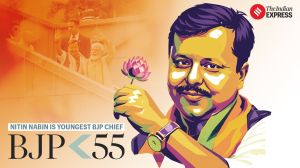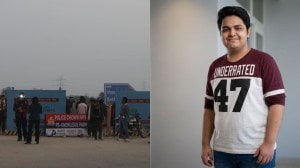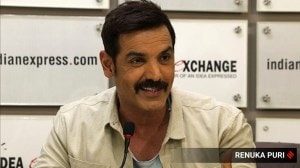Let146;s not forget
As we end another year we seem to be far from getting down to grips with the needs and realities of an optimum manpower policy for our defen...

As we end another year we seem to be far from getting down to grips with the needs and realities of an optimum manpower policy for our defence forces. The Indian army is short of more than 13,000 officers almost entirely at junior 8220;cutting edge8221; level. Ad hoc changes of policy in the past have led to the overwhelming proportion of the jawans retiring after about 17 years of colour service at around 35 years of age, on a small pension, when their economic, social and family commitments are at the peak. While the pension for the individual is grossly inadequate, the annual pension bill now is equal to 16 per cent of the defence budget 8212; with correspondingly less available for modernisation. Meanwhile the army is aging well beyond what any professional force would accept.
Given the adverse career prospects available to our defence forces, the government8217;s decision to guarantee at least two promotions under the Assured Career Progression Scheme announced to the parliament by the defence minister is to be welcomed. This would assure two promotions to the jawans, on completion of 10 and 20 years service. But on the face of it, simple arithmetic would indicate that the bulk of the jawans would have retired on completion of their 17-year colour service long before they would be 8220;promoted8221; under the new scheme! The government would do well to clarify the situation at the earliest.
Two basic problems have dogged our manpower policies. One is the absence of a national approach to utilisation of high-calibre high-value manpower in dual career as some in the ministry of defence sought as far back as the late sixties. The other is to rectify the basic policy which over the decades has slipped into the most inefficient out of half a dozen possible models. The job and functions that our defence forces undertake are simply not comparable with any civilian job. There are obvious contradictory requirements of keeping the forces young while getting the best material available in the country. What is badly needed is a national approach to manpower for national defence rather than tinkering with the system for short-term goals that leave behind long-term problems.
- 01
- 02
- 03
- 04
- 05































